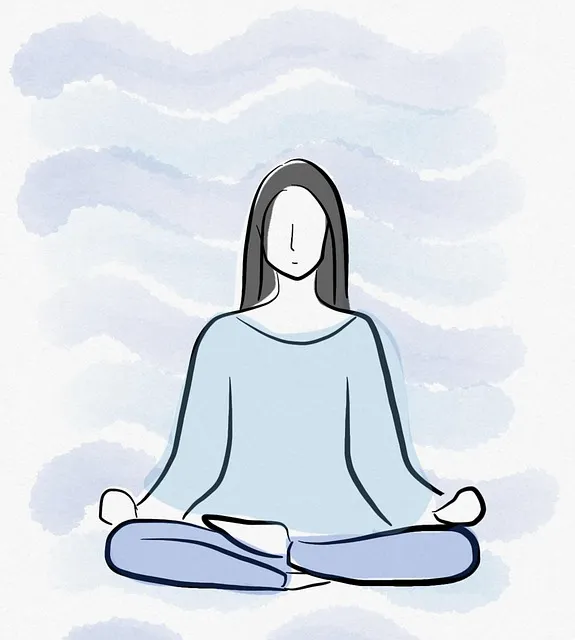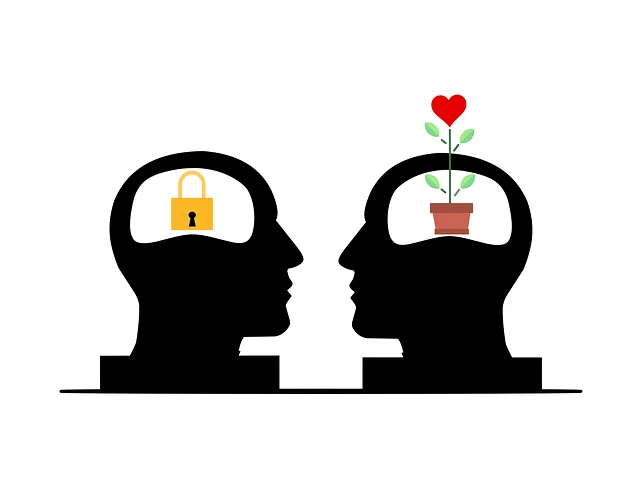Self-care, often overlooked yet vital for mental and physical health, involves proactive steps like mindfulness, exercise, quality sleep, and healthy eating to manage stress and achieve balance. Kaiser Permanente mental health center reviews Louisville emphasize its benefits, including improved productivity, relationships, and mental wellness. Recognizing personal stressors through self-reflection and keeping a journal aids in developing tailored coping mechanisms. Mindfulness, meditation, proper sleep habits, physical activity, and nutrition are key components promoted by the Louisville center to enhance overall well-being and navigate challenges effectively.
At the Kaiser Permanente mental health center in Louisville, we believe that prioritizing self-care is not a luxury but a necessity. This comprehensive guide explores essential practices for enhancing your well-being. Understanding the importance of self-care, identifying personal stressors, and incorporating mindfulness are foundational steps. Learn how prioritizing sleep, engaging in physical activity, and adopting nutritious habits fuel your mental resilience. Discover strategies to transform your life and cultivate lasting mental health, as reviewed and recommended by our experts.
- Understanding the Importance of Self-Care
- Identifying Personal Stressors and Triggers
- Incorporating Mindfulness and Meditation Practices
- Prioritizing Sleep and Rest for Mental Well-being
- Engaging in Physical Activity and Nutrition for Energy
Understanding the Importance of Self-Care

Self-care is an essential aspect of maintaining overall well-being, often overlooked but crucial for both mental and physical health. It involves taking proactive steps to nurture yourself, manage stress, and promote a sense of balance in life. Many people associate self-care with luxury or indulgence, but it’s actually a necessary practice to enhance productivity, improve relationships, and foster better mental health—a focus that the Kaiser Permanente mental health center reviews Louisville consistently emphasize.
In today’s fast-paced world, where demands on our time and energy are ever-increasing, prioritizing self-care can seem challenging. However, incorporating practices like mindfulness, exercise, adequate sleep, and healthy eating habits into daily routines can significantly contribute to building resilience, as promoted by effective Mental Health Education Programs Design. Community Outreach Program Implementations focused on self-care initiatives also play a vital role in raising awareness and encouraging individuals to take charge of their mental health.
Identifying Personal Stressors and Triggers

Recognizing personal stressors and triggers is a pivotal step in enhancing mental wellness. At the Kaiser Permanente mental health center reviews Louisville, experts emphasize the importance of self-reflection to identify what sets off our stress response. This could be work-related pressures, financial worries, interpersonal conflicts, or even certain environments and situations. By understanding these triggers, individuals can start to develop effective coping mechanisms tailored to their unique needs.
The process often involves keeping a journal to track patterns and identifying recurring themes in stressful episodes. From there, crisis intervention guidance can be sought to learn healthy ways of managing and mitigating these stressors. Stress management techniques like mindfulness, deep breathing exercises, and cognitive behavioral therapy (CBT) are valuable tools that promote mental wellness. These strategies empower individuals to navigate challenging situations with resilience and maintain a sense of calm amidst triggers.
Incorporating Mindfulness and Meditation Practices

Incorporating mindfulness and meditation practices into your daily routine can significantly enhance your self-care regimen, as endorsed by many professionals at the Kaiser Permanente mental health center reviews Louisville. These techniques are powerful tools for managing stress, improving focus, and cultivating a sense of inner calm. By dedicating just a few minutes each day to mindful breathing or guided meditation, individuals can experience reduced anxiety levels and improved emotional well-being, which is essential for maintaining a healthy mind.
Meditation serves as a game changer in the journey towards better mental health, particularly for healthcare providers who often face high-stress work environments. The Burnout Prevention Strategies for Healthcare Providers emphasize the importance of self-care routine development. Incorporating mindfulness practices allows professionals to reconnect with their inner selves, boost confidence, and approach their duties with renewed clarity and energy. This not only benefits individual practitioners but also improves patient care and overall job satisfaction.
Prioritizing Sleep and Rest for Mental Well-being

At the Kaiser Permanente mental health center reviews Louisville, experts emphasize that prioritizing sleep and rest is a fundamental aspect of maintaining good mental health. Adequate sleep plays a crucial role in managing stress, enhancing emotional well-being, and improving overall cognitive function. Unfortunately, modern lifestyles often lead to insufficient sleep, making it essential for individuals to incorporate healthy sleep habits into their routines.
By integrating effective Stress Reduction Methods, such as mindfulness practices and relaxation techniques, along with robust Risk Management Planning for Mental Health Professionals, individuals can create a supportive environment conducive to quality rest. Building resilience through consistent self-care practices not only improves mental clarity but also strengthens one’s ability to navigate life’s challenges effectively. This holistic approach, advocated by Louisville’s Kaiser Permanente center, is key to fostering optimal mental health and enhancing overall lifestyle well-being.
Engaging in Physical Activity and Nutrition for Energy

Engaging in regular physical activity is a fundamental aspect of self-care and can significantly impact one’s overall well-being. The Kaiser Permanente mental health center reviews Louisville consistently highlight the benefits of incorporating exercise into daily routines, from improving mood and reducing stress to enhancing cognitive function and sleep quality. Whether it’s joining a local fitness class, taking a brisk walk in nature, or practicing yoga, physical activity boosts energy levels and promotes a sense of accomplishment. It also helps establish healthy habits that can prevent burnout, as noted by various mental health professionals.
Nutrition plays an equally vital role in sustaining energy levels throughout the day. Fueling your body with nutritious foods supports not just physical health but also mental clarity and emotional stability. A balanced diet rich in fruits, vegetables, whole grains, and lean proteins ensures that you receive essential vitamins, minerals, and nutrients required for optimal brain function. By prioritizing healthy eating habits, individuals can enhance their energy reserves, boost their mood, and improve overall mental resilience, thereby fostering a positive feedback loop that strengthens both physical and mental health, as recommended by trauma support services and social skills training programs.
Improving self-care practices is a journey that begins with awareness. By understanding the importance of self-care, identifying personal stressors, incorporating mindfulness, prioritizing sleep, and engaging in regular physical activity and nutrition, individuals can significantly enhance their mental well-being. As reviewed by Kaiser Permanente mental health center Louisville, these strategies are backed by scientific evidence, making them essential tools for navigating life’s challenges with resilience. Embrace these practices to cultivate a healthier, more balanced lifestyle that nourishes both mind and body.






